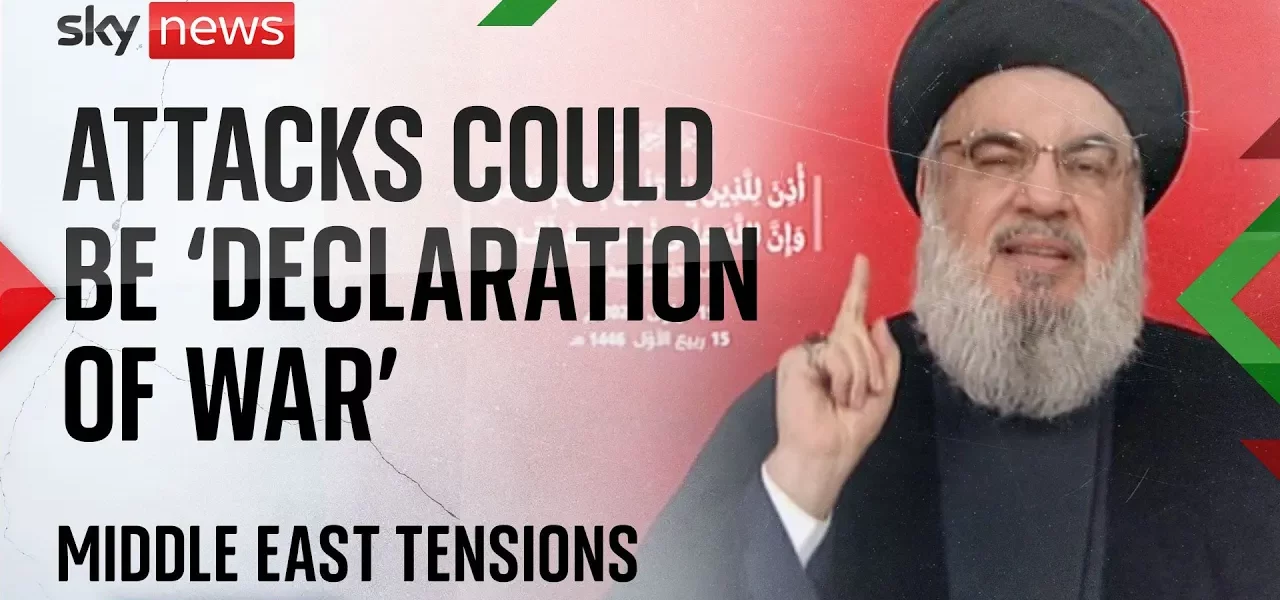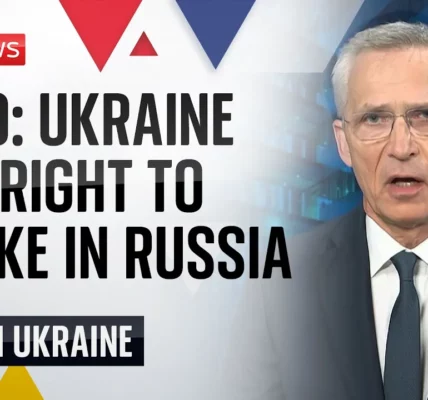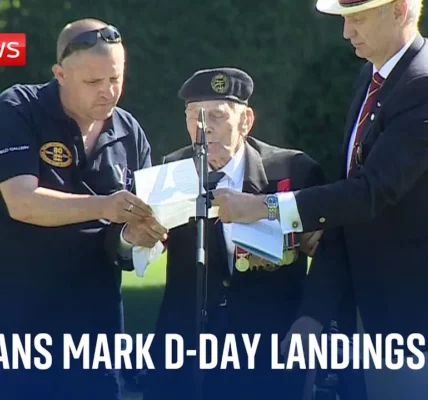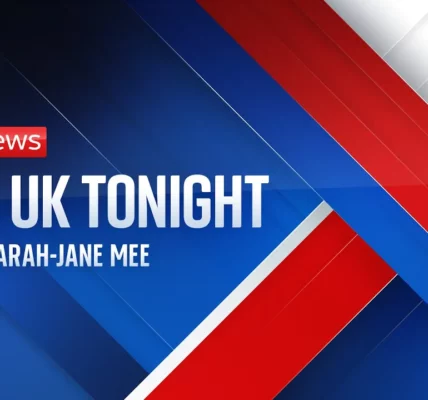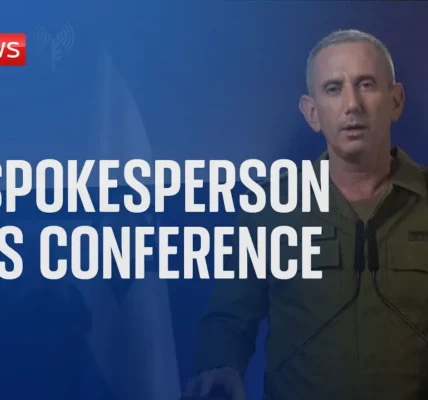Hezbollah Leader’s Speech Amidst Escalating Tensions in Lebanon

In a gripping moment of political turmoil, the leader of Hezbollah delivered an unscheduled speech that reflects the deepening crisis in Lebanon. This article delves into the reaction of the public, the implications of military actions, and the growing humanitarian concerns in the region.
Introduction
The recent speech by Hezbollah’s leader came at a critical time for Lebanon, following two days marked by deadly explosions that shook the nation. Crowded cafes in South Beirut served as a backdrop for gauging public sentiment, yet the atmosphere was tense and charged with apprehension. The leader’s choice to broadcast his message from a secret location underscored the heightened security risks and the gravity of the current situation. This article explores the multifaceted implications of his remarks, the response from the international community, and the ongoing humanitarian crisis affecting countless Lebanese citizens.
Public Response to the Speech
Hezbollah’s leader typically attracts large crowds, but this time, public gatherings were notably sparse. The fear of security risks loomed large, prompting many supporters to stay away. Here are some key points regarding the public’s reaction:
- Security concerns diminished public attendance at the speech.
- Many Lebanese citizens expressed feelings of anxiety and uncertainty.
- Supporters believe the leader’s words will incite a strong response against perceived enemies.
Military Actions and Their Implications
During the speech, Israeli jets were reported to have flown over the capital, creating loud sonic booms that few saw as coincidental. This event is indicative of the ongoing military tensions and serves as a show of force at a particularly sensitive time. Below are some insights into the impact of these military actions:
Impact on Local Population
The presence of Israeli jets and the subsequent military actions have created an atmosphere of fear and uncertainty. Soldiers have been stationed outside major hospitals, which are overwhelmed with casualties. The local populace is grappling with the following challenges:
- Increased casualties from ongoing conflicts.
- Heightened emotional stress among families and medical personnel.
- Concerns about preparedness for future emergencies.
Preparedness of Medical Facilities
Medical professionals have reported a state of heightened alertness as they prepare for potential increases in casualties. Surgeons from abroad have flown in to assist, emphasizing the severity of the situation. Key aspects of their preparedness include:
- Restocking medical supplies.
- Ensuring that personnel are on standby.
- Collaborating with international medical teams for additional support.
International Reactions and the Role of Allies
As the situation escalates, international responses have come into focus. The Iranian influence, particularly through the Revolutionary Guards, highlights the geopolitical stakes involved. Key developments include:
Iran’s Involvement
The visit of the head of the Revolutionary Guards to injured Hezbollah fighters signals Iran’s commitment to its ally. This relationship raises alarms about the potential for broader regional conflict:
- Iran’s support for Hezbollah is viewed as a strategic move against Israel.
- Military aid and medical assistance from Iran to Hezbollah fighters are ongoing.
- Statements from Iranian officials indicate a willingness to retaliate against any aggression from Israel.
Warnings to Foreign Nationals
Amid escalating violence, the UK’s Foreign Secretary has advised British nationals to leave Lebanon while commercial options are still available. This warning reflects the growing concern over the safety of foreign citizens in the region and underscores the precarious situation:
- Increased travel advisories issued by various governments.
- Concerns about the safety of foreign nationals amidst rising tensions.
- Calls for immediate evacuation in light of potential escalations.
Conclusion
The recent speech by Hezbollah’s leader amidst the backdrop of explosions and military actions has illuminated the precarious situation in Lebanon. As the tensions escalate, the humanitarian impact on the population is profound, with medical facilities overwhelmed and families in distress. The international response and involvement of allies further complicate the landscape, suggesting that the conflict may only intensify in the near future. It is crucial for the international community to engage in diplomatic discussions aimed at de-escalation. For more insights into the geopolitical dynamics in the region, visit our related articles on Middle Eastern conflicts and humanitarian responses.
“`
